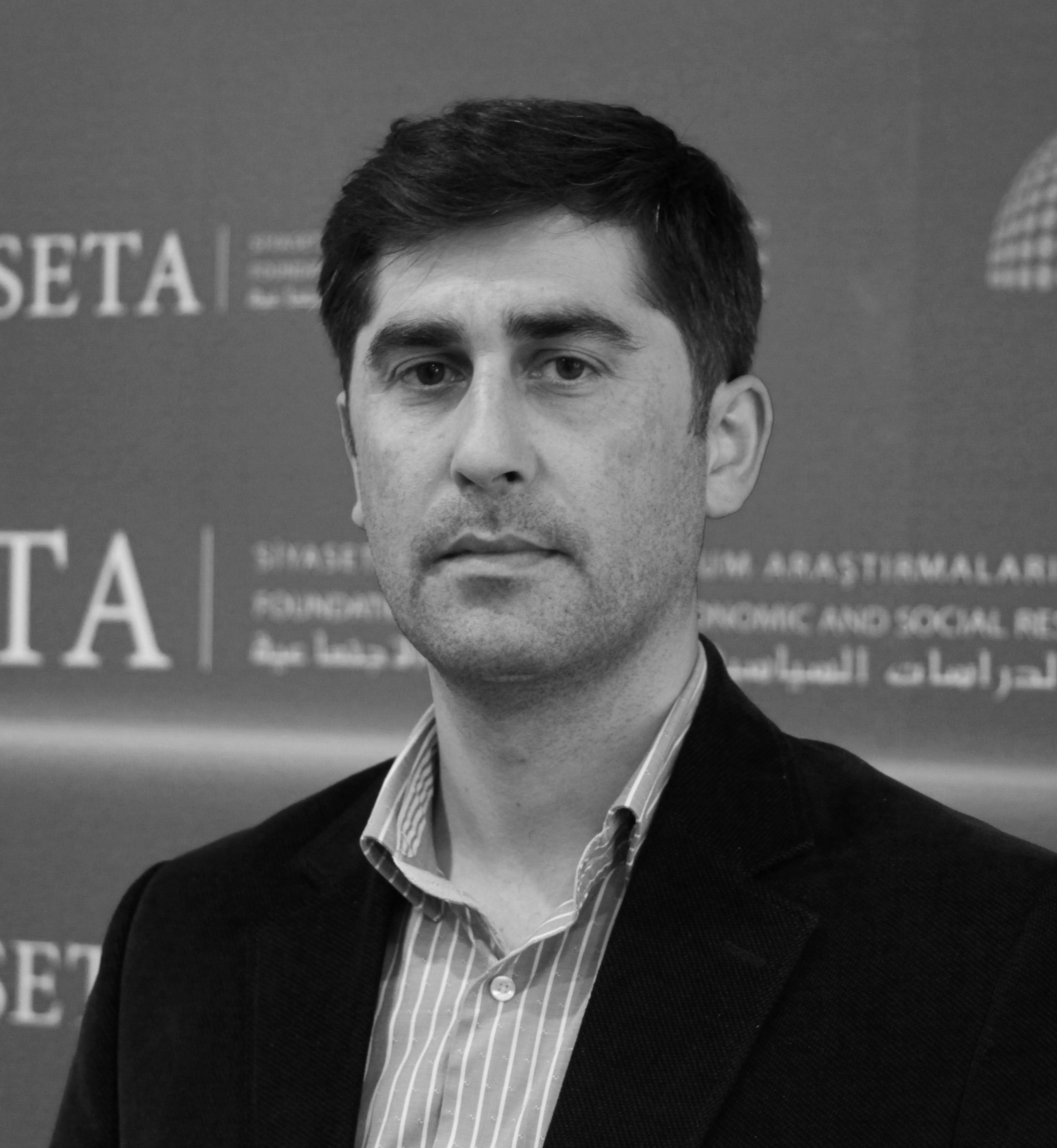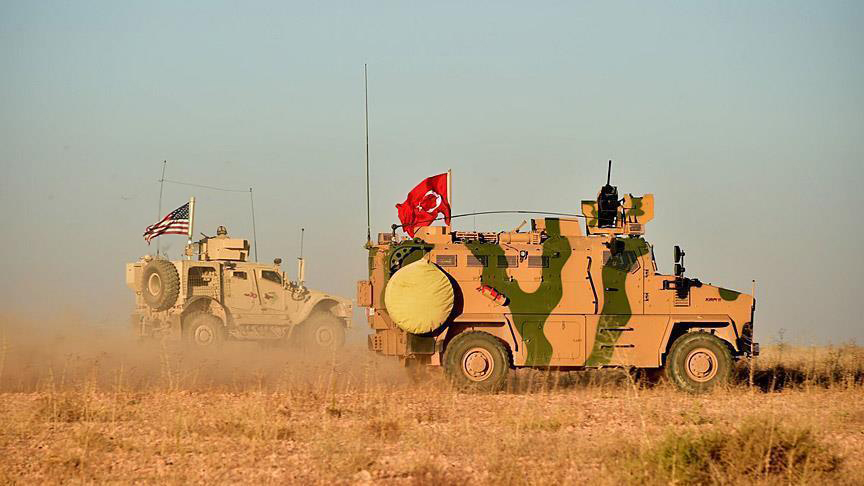Criticizing the U.S.' missteps in Syria, Çelik said, "If you send truckloads of weapons to the YPG terror group, if you embrace them like a legitimate power on the pretext of fighting Daesh and moreover if you say about this terror group that 'It is our ally which we work within the field' to the Turkish republic, your NATO ally, then you create another Afghanistan in the world with your own hand and money."
Highlighting that the safe zone would ensure the border security of Turkey, Yeşiltaş said, "Yet, considering the heavy arms that the YPG has, pushing them to southern Syria would not completely eliminate terror threats against Turkey." He added that if the YPG continues to target Turkey, the Turkish Armed Forces would go beyond the 32-kilometer zone to eradicate them.
With an aim of eradicating terror threats and securing its borders, Turkey has been seeking full implementation of the Manbij road map, which was designed with the U.S. Turkey's objective with the Manbij deal consists of the withdrawal of the YPG, the collection of the weapons given to the terrorists and the return of people to their homes.
In line with the Manbij agreement signed by Turkey and the U.S., joint coordinated patrols started on Nov. 1, 2018. The two countries have conducted nine patrols as of the second week of January; however, Turkey has been criticizing the sluggish process and calling for acceleration.
Stressing that Ankara considers Manbij a model that can be used east of the Euphrates as well, Yeşiltaş stated that, "The implementation of the Manbij agreement has been slow, Turkey does not want to wait months to establish a safe zone."
While Turkey prioritizes its border security and clearing the region from YPG terrorists to enable the voluntary return of Syrians, the diplomatic talks with Russia, one of which is expected to be held today in Moscow, will also be accelerated over the next few months.
Yeşiltaş stressed that, "The regime might have different plans for the safe zone. It prefers regime control over the area east of the Euphrates; yet, they are also aware that the regime does not have the capacity to control the whole region, and it seems unlikely that the U.S. would allow such a step as well."
"It is not possible to say that Russia has the same perspective as Turkey. We see that it has been attempting to form a basis for negotiation between the regime and the Syrian Democratic Forces (SDF) as each side lists their demands," Yeşiltaş said and added that Russia is one of the actors that knows the critical role Turkey is playing in Syria; therefore, it would not ignore the concerns of Turkey focusing on the talks between the regime and the SDF.
Highlighting the significance of the bilateral meeting between Erdoğan and Putin, Yeşiltaş said with the dialogue between the sides, the process for reaching a solution on the ground regarding some issues might be accelerated.
[Daily Sabah, 23 January 2019]







